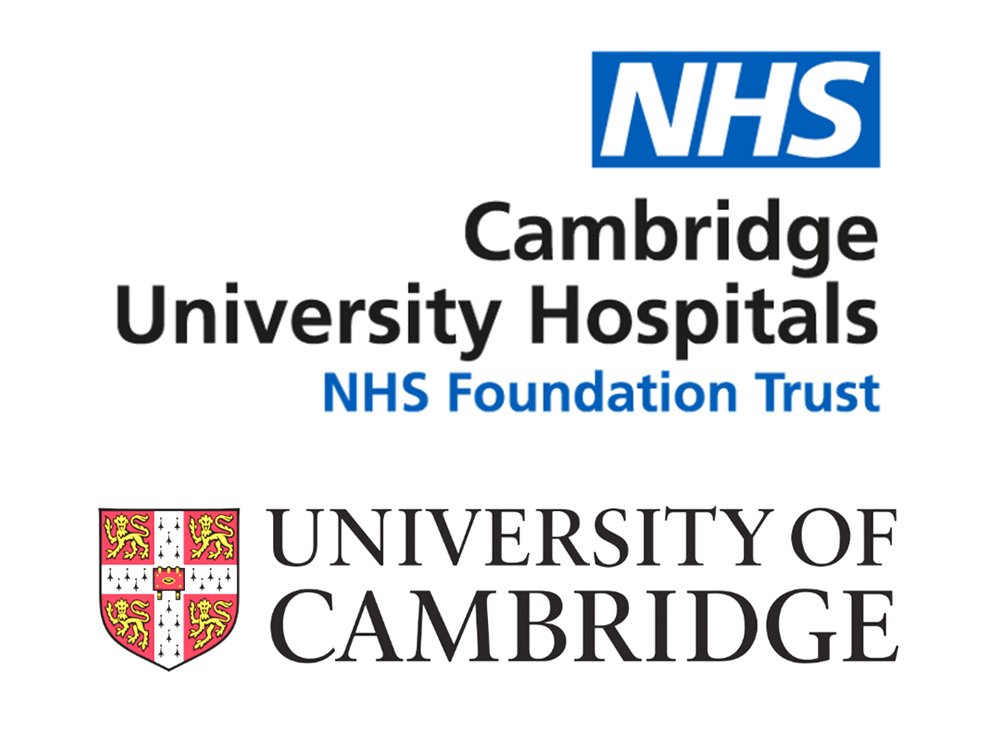When it comes to mitochondrial disease, The Lily Foundation are a key link between families and scientists. In fact, we like to think of ourselves as the bridge between the clinical and the personal.
Researchers from all around the world work closely with us, telling us about their research plans, asking for our research priorities and our input into their study design. Because of this relationship, we’re able to ensure that our Lily patients and families always have the opportunity to be involved in any relevant study recruitment should they wish to take part.
We’ve pulled together information on all the current studies taking place into mitochondrial disease along with eligibility criteria and contact details, should you wish to find out more. It’s important to remember that by taking part in cutting-edge mitochondrial research, you could help play your part in advancing treatments and moving us closer to that all-important cure.









